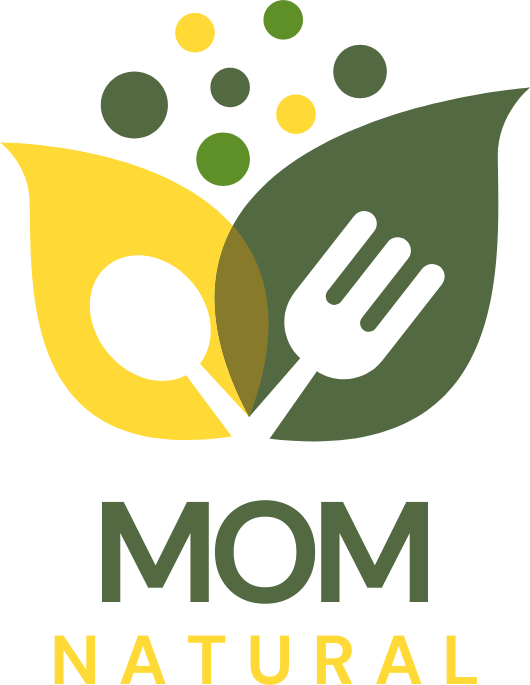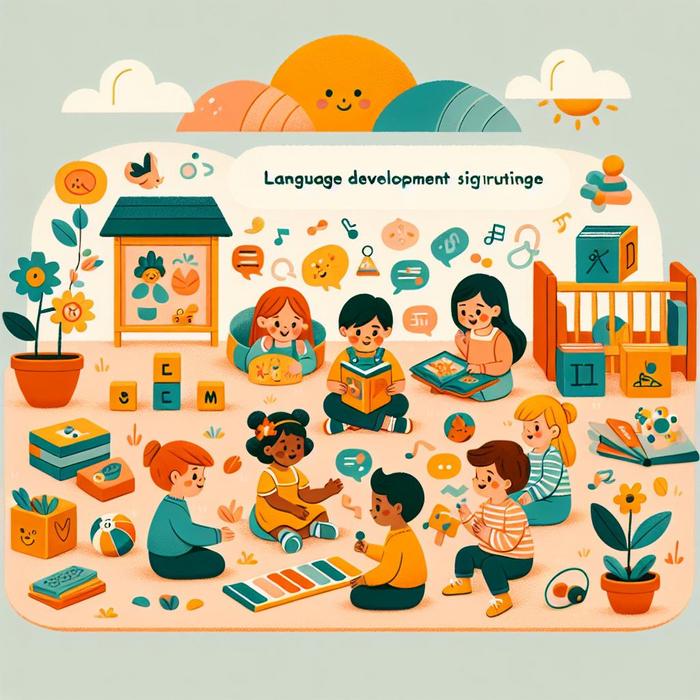Developing First Words: Language Development Tips and Tricks
As parents, we all want to make sure our children are developing their language skills properly. Luckily, there are many engaging activities that can enhance their early communication aptitude. In this post, we will explore some toddler talking techniques and activities that will be both enjoyable and educational for your little ones. Let’s start!
Why Language Development is Crucial
Language development in toddlers is more than just learning to say words. It is the foundation of all future learning, critical thinking, and communication. According to experts from the American Speech-Language-Hearing Association (ASHA), these skills not only allow children to express their thoughts and needs but also help them understand what is said to them.
Fun Activities to Boost Language Development
Incorporating language enhancing activities into your toddler’s everyday routine can be easy and fun. The key is to keep the activities enjoyable and engaging for your child. Here are a few easy-to-implement ideas:
- Talk Through Play: Make language learning a fun part of playtime. Describe the toys your child is playing with, or narrate what you’re doing. This interactive play method is a great tool for early communication development.
- Interactive Storytime: Make reading sessions interactive with questions, expressions, and animations. This approach will not only grow their vocabulary but also boost their imagination. Reading aloud is a well-documented method for encouraging language development in children.
- Encourage Imitation: Toddlers love to mimic adults, which can be beneficial for their language development. Speak and let them repeat after you. This mimicking technique is an excellent way to teach new words.
- Music and Dance: Incorporate music and movement into your child’s routine. Sing songs, dance together, and play games that require movement. This can boost their listening skills and enhance their language development.
For more detailed activities, you can visit Expressable’s learning center, which offers a variety of fun activities designed to boost your toddler’s language development.
Mindfulness and Empathy in Language Development
Using mindfulness and teaching empathy can also be powerful tools in language development. Studies have shown that when children are mindful, they can better regulate their emotions and focus on learning. On the other hand, teaching empathy helps with their social-emotional development, which plays a significant role in early communication.
At Mom-Natural, we incorporate mindfulness in our parenting approach. We also emphasize empathy in our toddler activities. We believe these methods encourage our children to understand feelings – their own and others – which is an essential aspect of language development.
Remember, every child is unique and develops at their own pace. So, enjoy these formative years, engaging with your toddler in language development activities. Their first words are just the start of a lifelong journey of communication.
Toddler Language Development: What to Expect
The timeline for language development can vary greatly from child to child. Some toddlers may utter their first words as early as 8 months, while others may start closer to their second birthday. During this exploration stage, a learning-rich and supportive environment is vital as Zero To Three explains. Let’s delve into what’s typical for toddler language development and the milestones to watch out for.
- 12-17 months: Says one or more words frequently, comprehends simple instructions, can point to some body parts when asked.
- 18-23 months: Begins to put two words together, regularly adds new vocabulary, understands simple opposites (e.g., hot/cold).
- 24-36 months: Constructs short sentences, understands simple rules of grammar, continually improves language understanding and usage.
Common Language Development Challenges
While milestones provide general guidance, it’s vital to recognize potential language development challenges. If your child seems behind in language skills compared to peers, it’s essential to reach out to your health care provider or language therapist. Mentioned below are some common problems that toddlers often encounter on their communicative journey:
- Difficulties in Pronunciation: While certain mispronunciations are a normal part of language development, persistent difficulties might indicate a problem.
- Slow Vocabulary Growth: If your child has fewer words than expected or their language doesn’t seem to be expanding as rapidly as it should, there might be an issue.
- Problems Understanding Instructions: If a child has consistent difficulties following simple commands or understanding routine instructions, there may be a language comprehension problem.
Television and Language Development
It’s sure to cross every parent’s mind at some point: could television be hindering my toddler’s speech development? Research suggests that TV time should be limited, especially for young children, because excessive screen time can delay language and social skills. Instead, children learn best from human interaction that provides immediate responses and takes cues from the child’s interest. If you do choose to allow some screen time, make sure that it’s high-quality, educational content. Engaging videos like the ones available on this YouTube playlist can help stimulate your child’s mind and boost language development in an enjoyable way.
Language Development Activities for Toddlers: 2-3 Years
As your child approaches two years old, their language needs and abilities begin to evolve. More complex language development activities are appropriate at this stage. Luckily, there are plenty of enriching activities, as detailed by About Play SC. These activities are designed to challenge and enhance your growing toddler’s language skills.
Final Thoughts
Guiding your toddler through language development can be both thrilling and challenging. Tools like those provided by Play To Develop can offer support to navigate this crucial developmental stage.
And remember, there’s nothing quite like the joy of hearing your child’s first words or their first full sentence. So take a deep breath, enjoy this unique journey, and know that all your efforts are contributing towards your child’s enhanced language skills and overall development.

